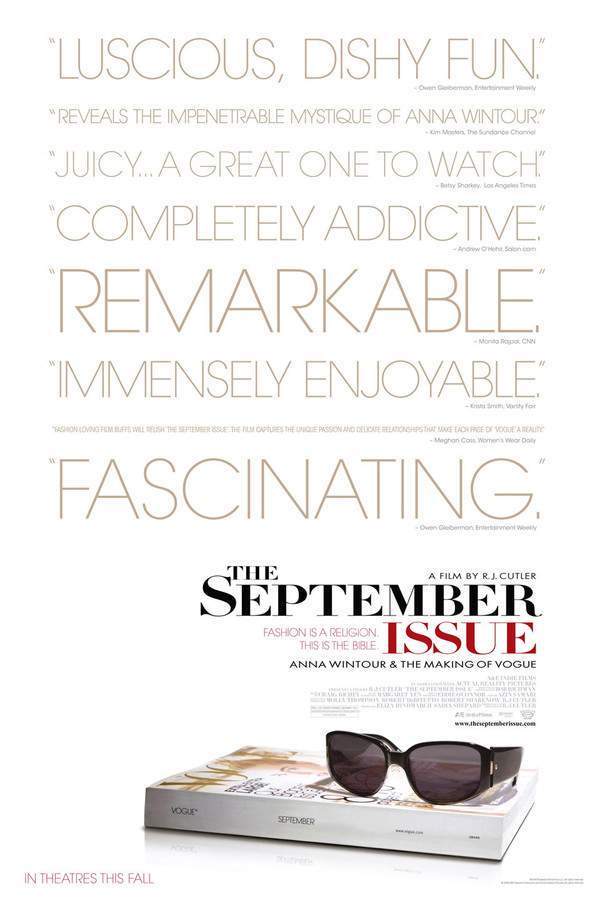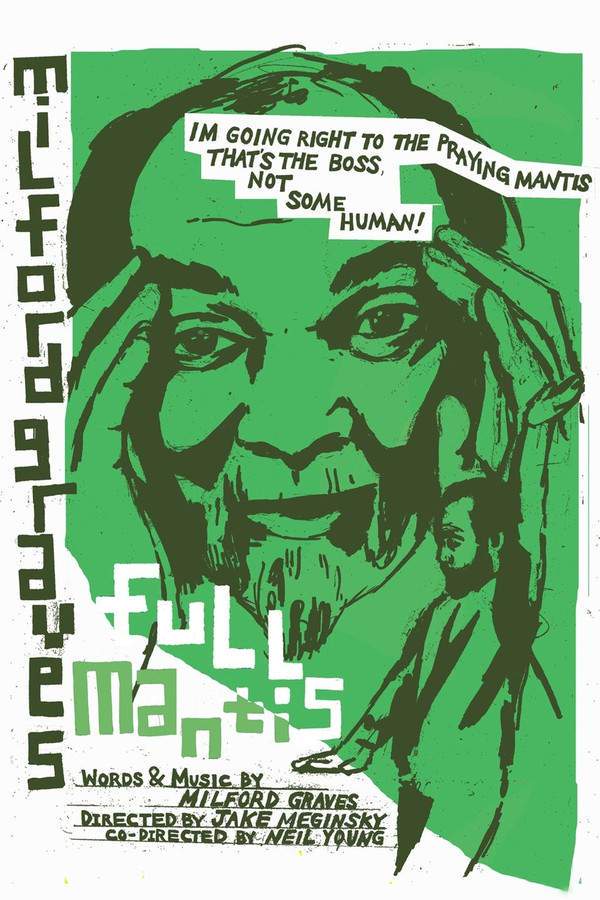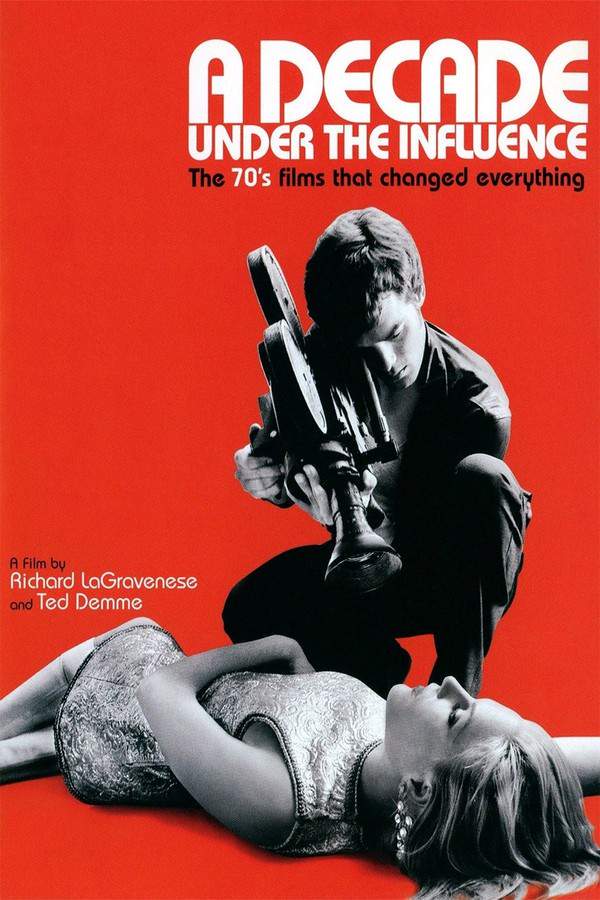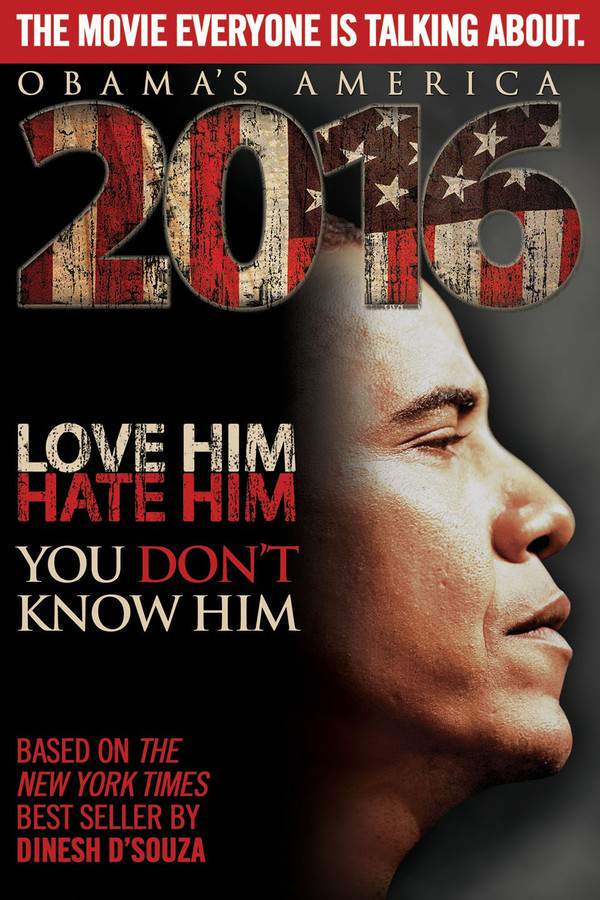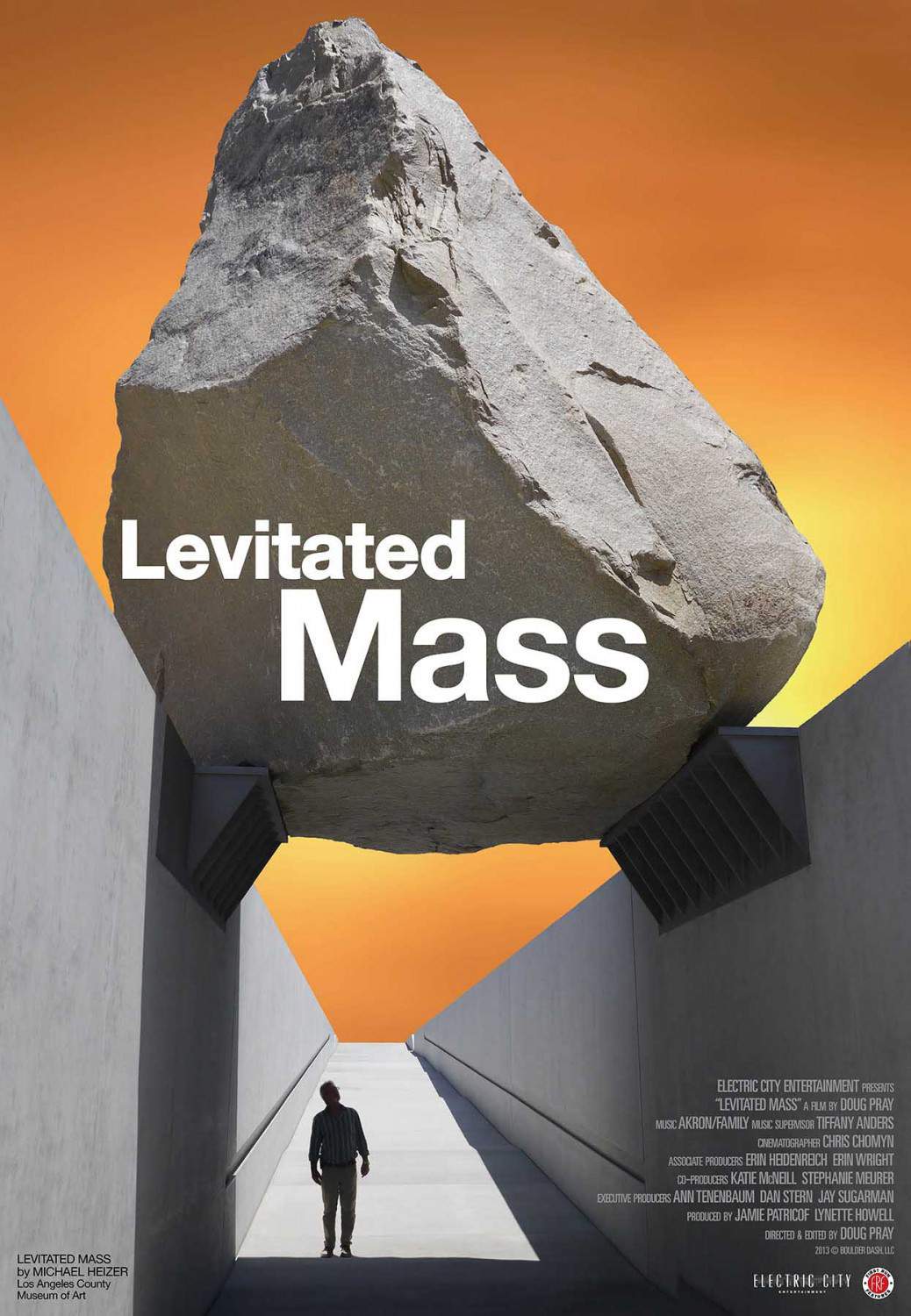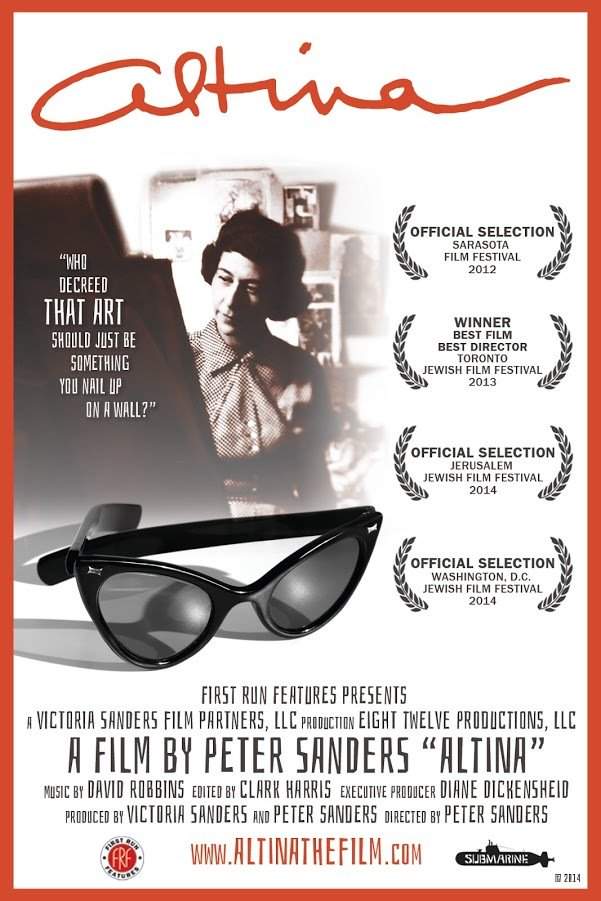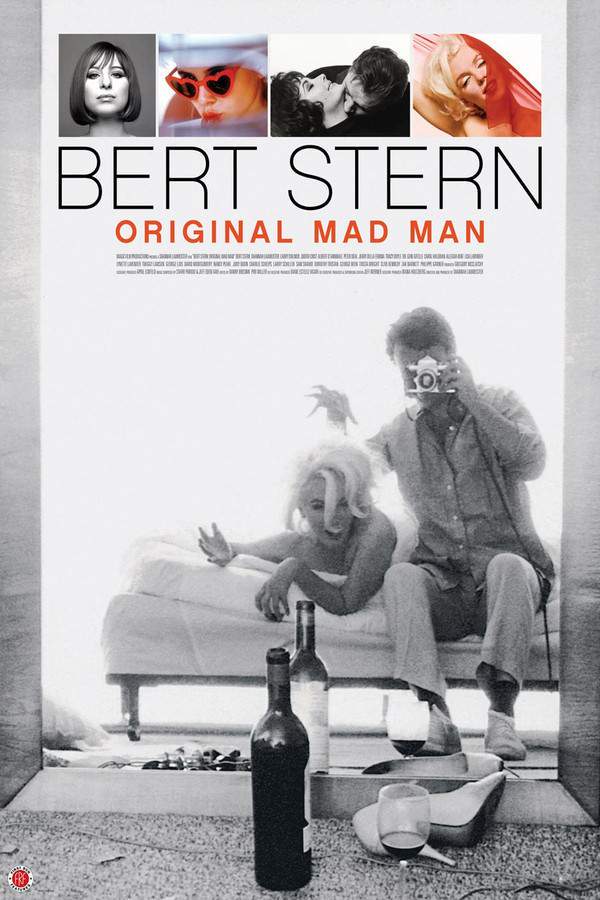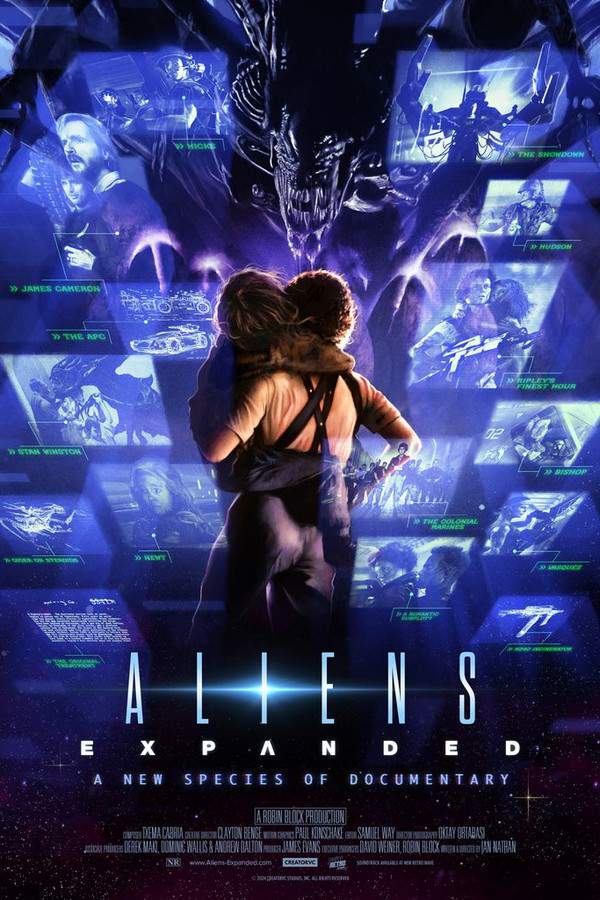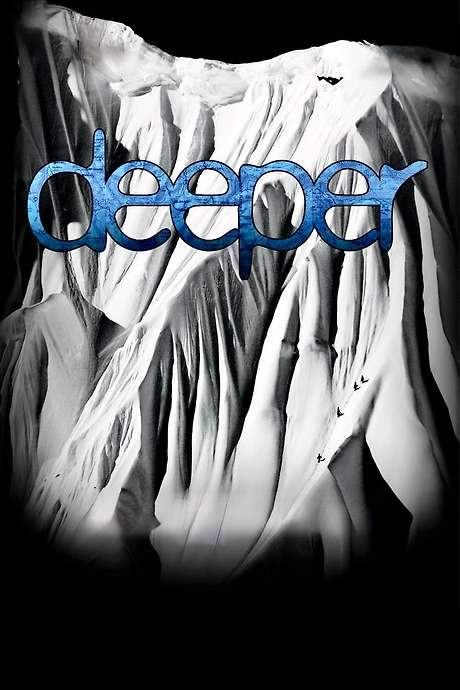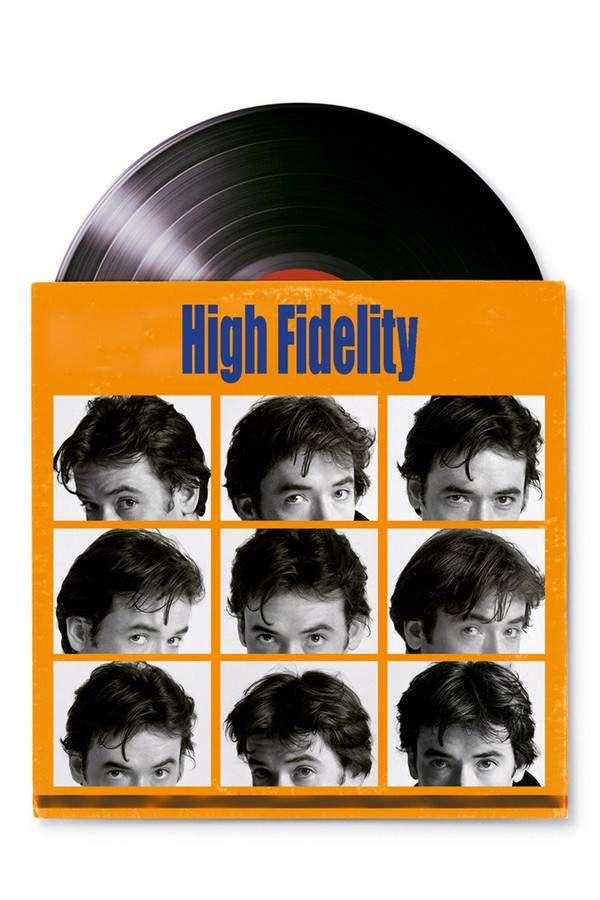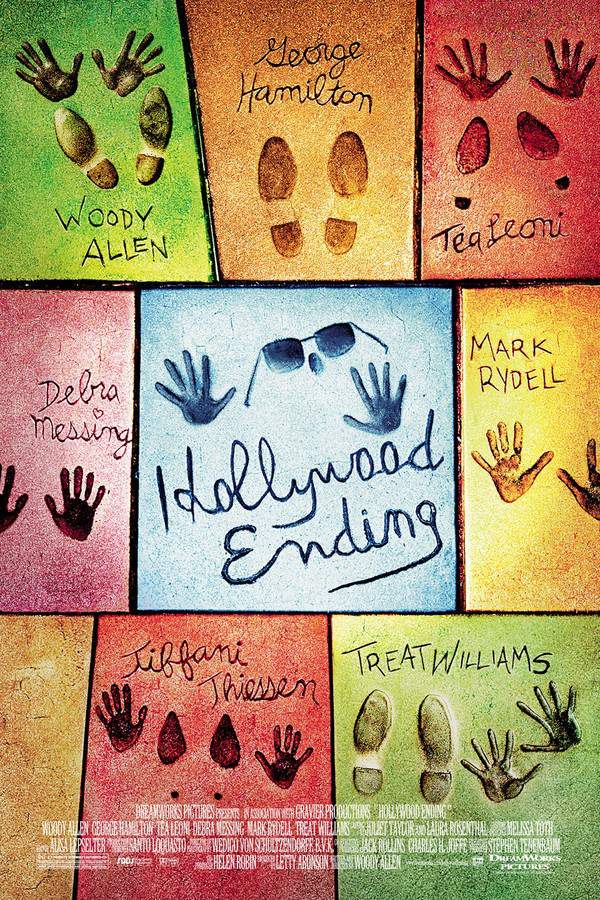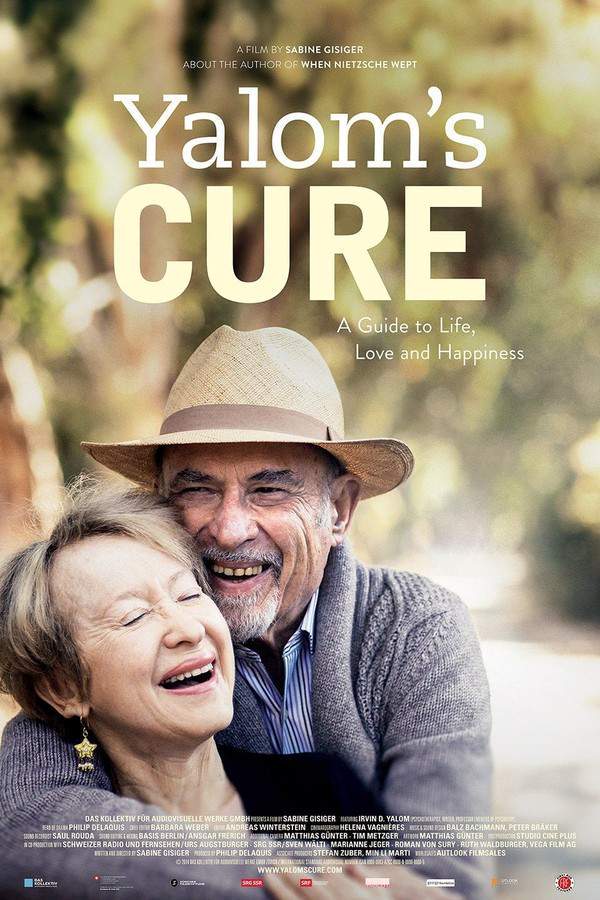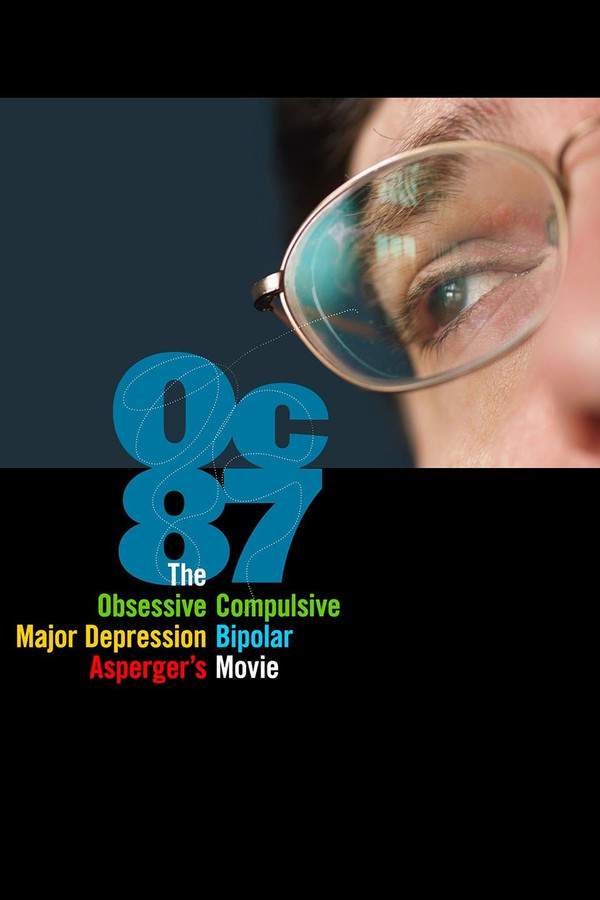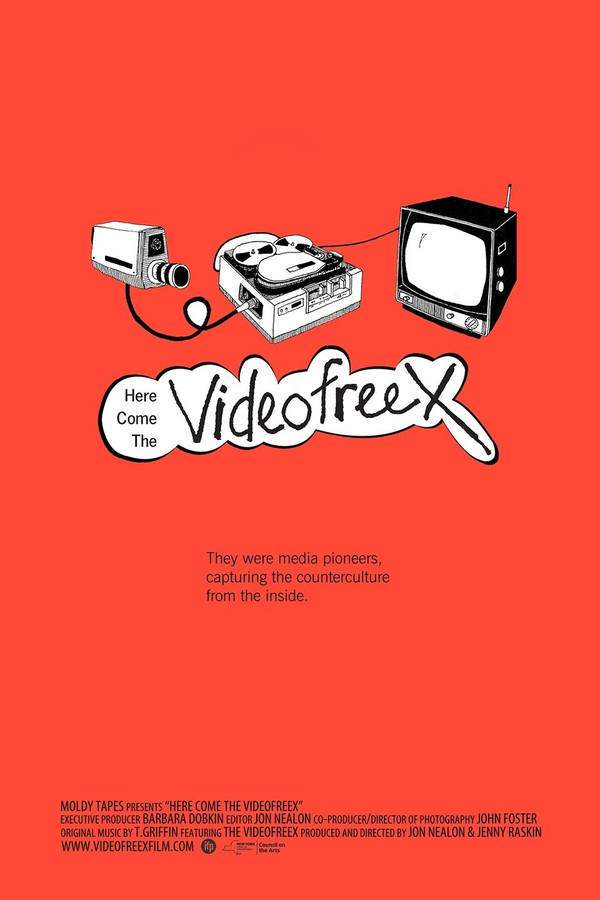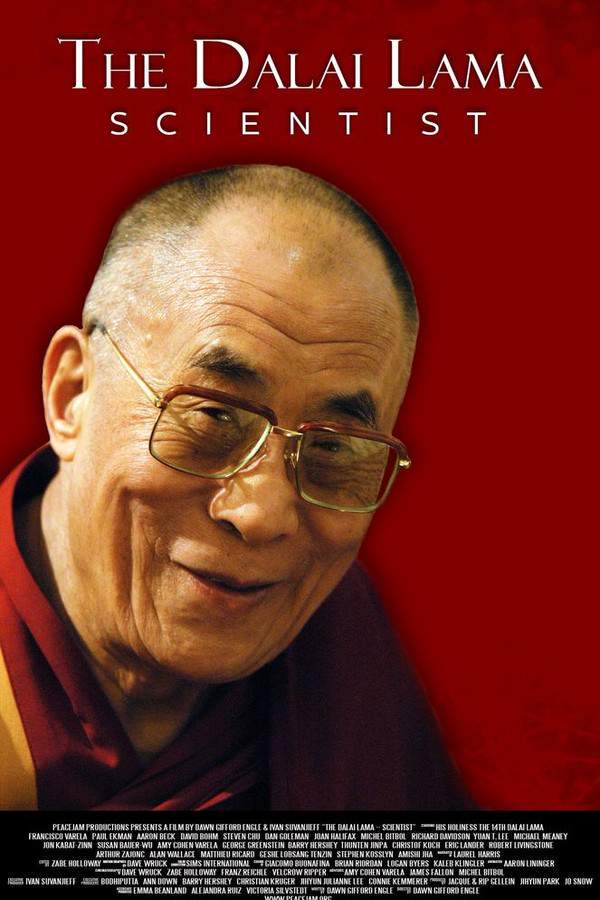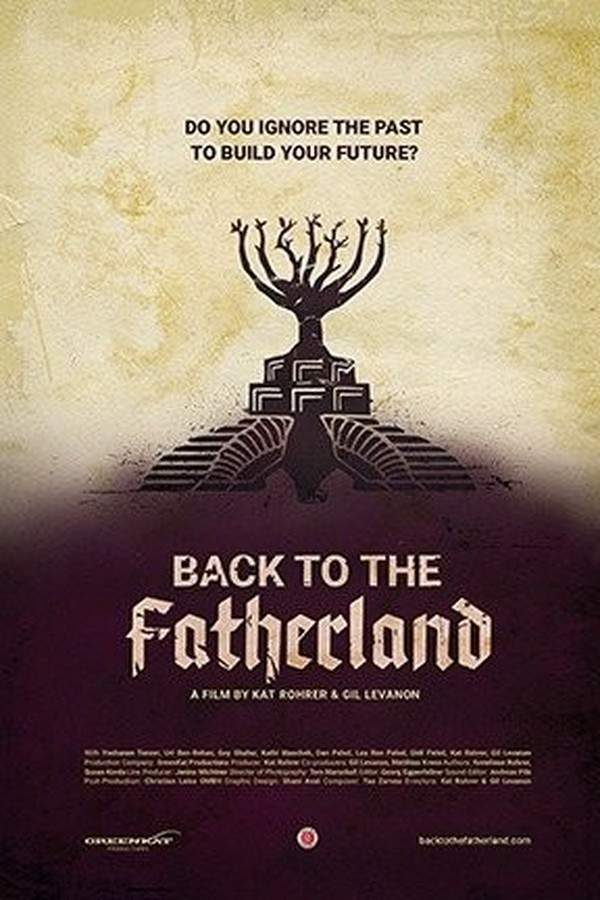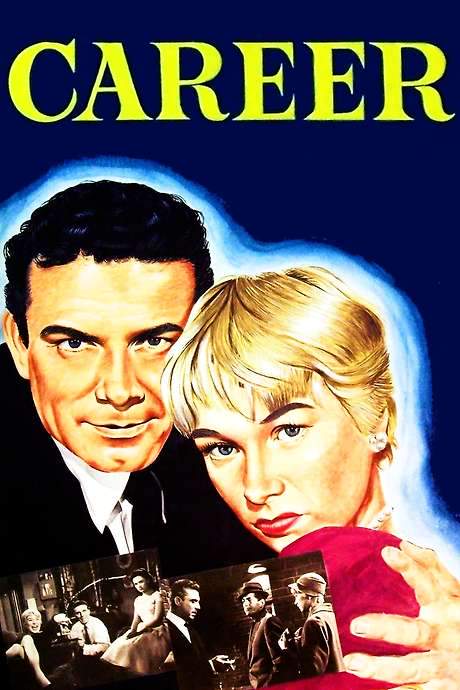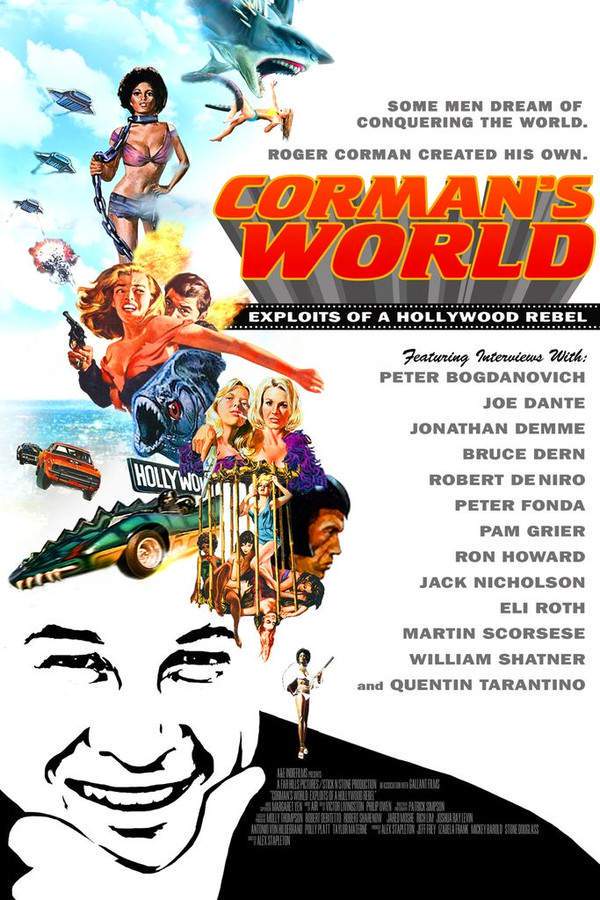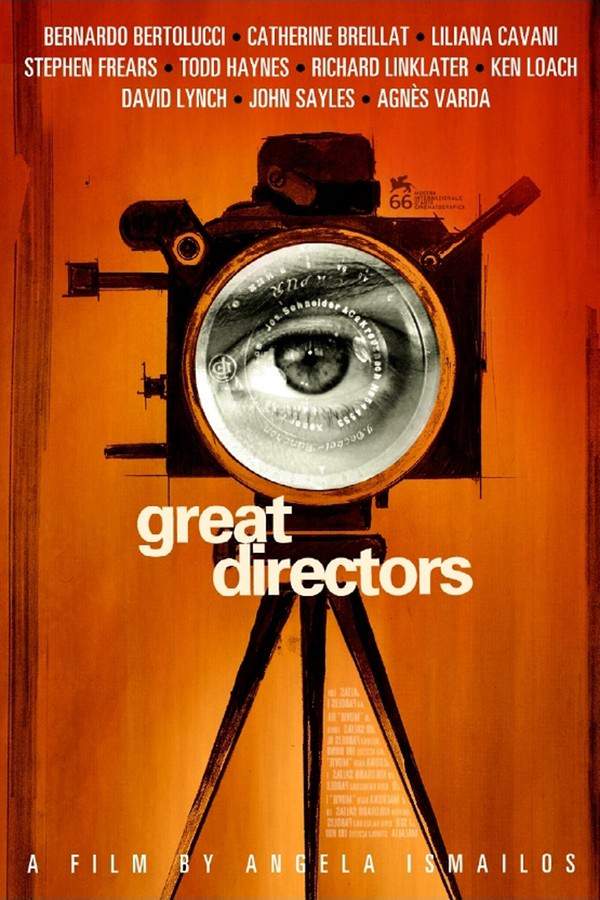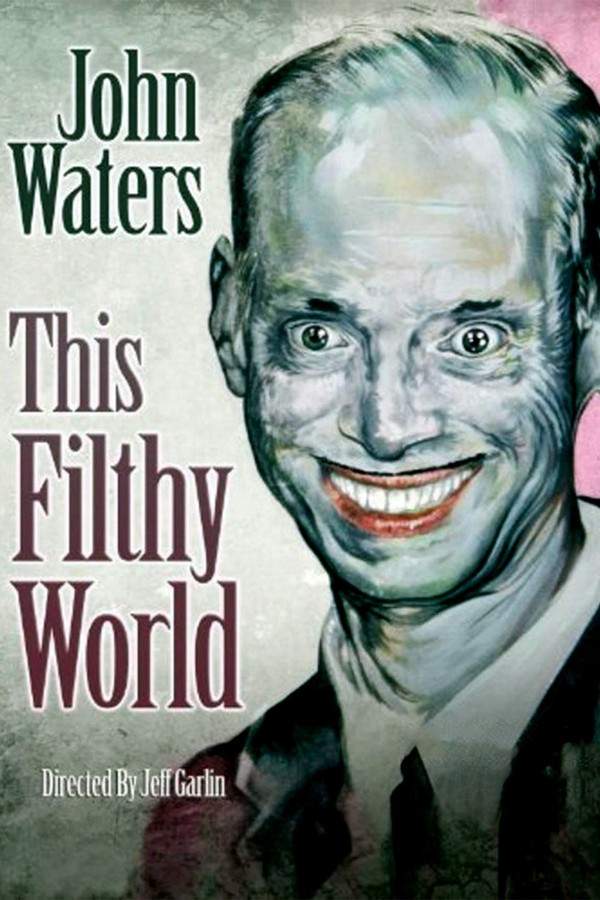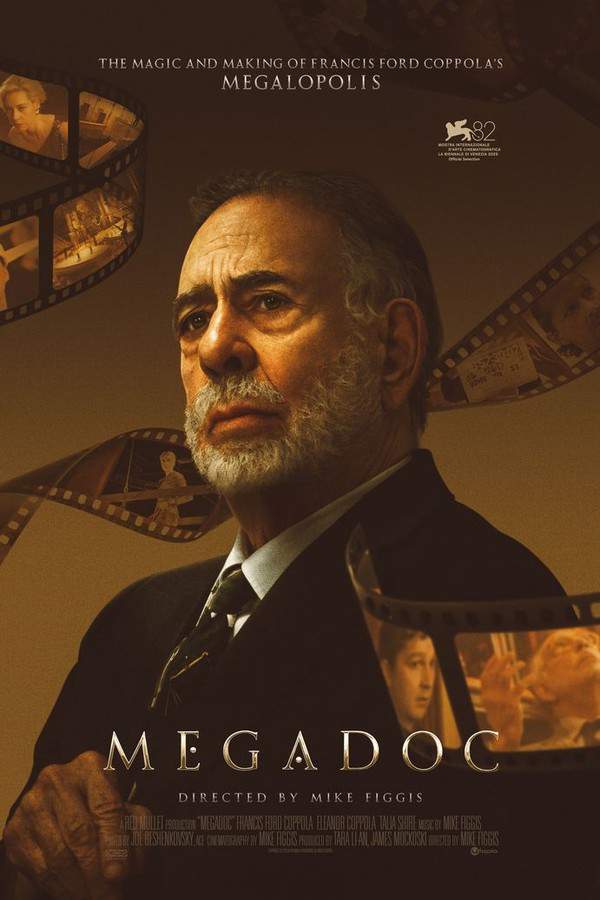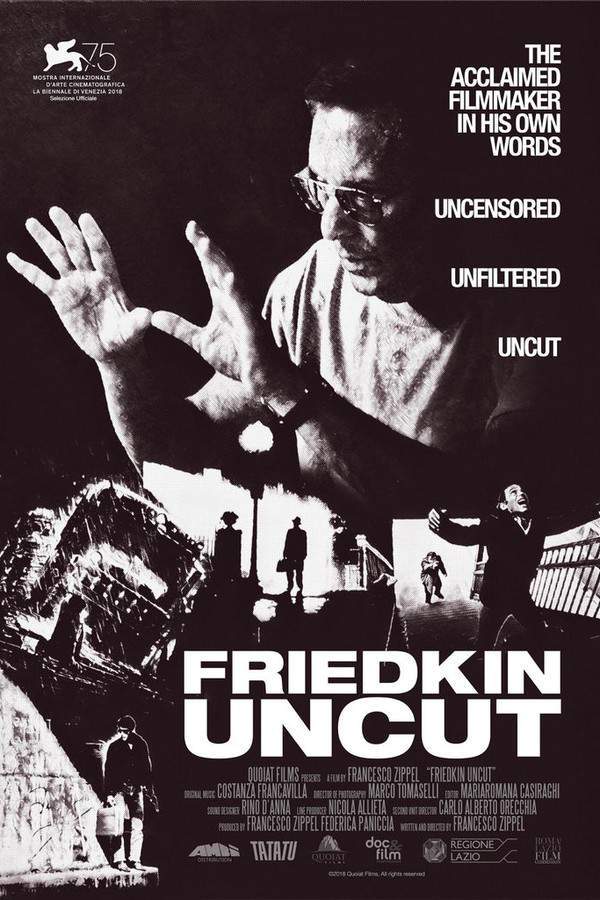
Friedkin Uncut
This documentary offers a revealing look into the career and creative process of acclaimed filmmaker William Friedkin. Through intimate interviews with friends and collaborators, the film explores his unique approach to filmmaking, highlighting his willingness to take artistic risks and his deep passion for storytelling. Viewers gain valuable insights into the themes and experiences that have profoundly shaped his life and work.
Warning: spoilers below!
Haven’t seen Friedkin Uncut yet? This summary contains major spoilers. Bookmark the page, watch the movie, and come back for the full breakdown. If you're ready, scroll on and relive the story!
Timeline – Friedkin Uncut (2019)
Trace every key event in Friedkin Uncut (2019) with our detailed, chronological timeline. Perfect for unpacking nonlinear stories, spotting hidden connections, and understanding how each scene builds toward the film’s climax. Whether you're revisiting or decoding for the first time, this timeline gives you the full picture.
Last Updated: November 18, 2024 at 21:01
Explore Movie Threads
Discover curated groups of movies connected by mood, themes, and story style. Browse collections built around emotion, atmosphere, and narrative focus to easily find films that match what you feel like watching right now.
Intimate Artist Portraits like Friedkin Uncut
Revealing documentaries that explore the lives and processes of visionary artists.Find more movies like Friedkin Uncut that offer revealing documentaries and biographical films about visionary artists. If you enjoyed this deep dive into a filmmaker's process, you'll appreciate these similar stories exploring creative genius and artistic legacies.
Narrative Summary
These stories typically unfold as retrospective journeys, tracing an artist's career from early influences to lasting impact. They explore the key works, personal turning points, and the often unyielding passion that drives creative innovation, structured around interviews, archival footage, and analysis.
Why These Movies?
Movies are grouped here for their shared focus on demystifying artistic brilliance. They connect through an analytical yet intimate tone, a steady pacing that allows for deep reflection, and a medium emotional weight that balances admiration with honest examination.
Reflective Career Stories like Friedkin Uncut
Stories that look back on a life's work, examining legacy and lasting influence.Discover movies similar to Friedkin Uncut that feature in-depth career retrospectives. These films share a focus on examining a life's work, artistic risks, and professional legacy, perfect if you liked the analytical and appreciative look at a filmmaker's journey.
Narrative Summary
The narrative pattern involves a non-fiction or biographical structure that assesses a professional journey. It connects key milestones to overarching themes, often concluding with a sense of accomplishment and a perspective on the subject's enduring contribution.
Why These Movies?
These films are united by their thematic focus on legacy and professional examination. They share a moderate complexity in unpacking a multifaceted career, a happy or hopeful ending feel that acknowledges achievement, and a reflective mood that values insight over sensationalism.
Unlock the Full Story of Friedkin Uncut
Don't stop at just watching — explore Friedkin Uncut in full detail. From the complete plot summary and scene-by-scene timeline to character breakdowns, thematic analysis, and a deep dive into the ending — every page helps you truly understand what Friedkin Uncut is all about. Plus, discover what's next after the movie.
Friedkin Uncut Summary
Read a complete plot summary of Friedkin Uncut, including all key story points, character arcs, and turning points. This in-depth recap is ideal for understanding the narrative structure or reviewing what happened in the movie.

Characters, Settings & Themes in Friedkin Uncut
Discover the characters, locations, and core themes that shape Friedkin Uncut. Get insights into symbolic elements, setting significance, and deeper narrative meaning — ideal for thematic analysis and movie breakdowns.

Friedkin Uncut Spoiler-Free Summary
Get a quick, spoiler-free overview of Friedkin Uncut that covers the main plot points and key details without revealing any major twists or spoilers. Perfect for those who want to know what to expect before diving in.

More About Friedkin Uncut
Visit What's After the Movie to explore more about Friedkin Uncut: box office results, cast and crew info, production details, post-credit scenes, and external links — all in one place for movie fans and researchers.

Similar Movies to Friedkin Uncut
Discover movies like Friedkin Uncut that share similar genres, themes, and storytelling elements. Whether you’re drawn to the atmosphere, character arcs, or plot structure, these curated recommendations will help you explore more films you’ll love.
Explore More About Movie Friedkin Uncut
Friedkin Uncut (2019) Plot Summary & Movie Recap
Friedkin Uncut (2019) Scene-by-Scene Movie Timeline
Friedkin Uncut (2019) Spoiler-Free Summary & Key Flow
Movies Like Friedkin Uncut – Similar Titles You’ll Enjoy
Corman's World: Exploits of a Hollywood Rebel (2011) Plot Summary & Ending Explained
Great Directors (2010) Full Movie Breakdown
This Filthy World (2006) Ending Explained & Film Insights
Raising Hell: Filming the Exorcist (2010) Plot Summary & Ending Explained
Leap of Faith: William Friedkin on The Exorcist (2019) Detailed Story Recap
Klaus Kinski: I’m not an actor (2000) Full Movie Breakdown
Cinemagician: Conversations with Kenneth Anger (2019) Ending Explained & Film Insights
Film Noir: Bringing Darkness to Light (2006) Movie Recap & Themes
Counterfeit World: Making ‘To Live and Die in L.A.’ (2003) Complete Plot Breakdown
Hearts of Darkness: A Filmmaker’s Apocalypse (1991) Film Overview & Timeline
Preminger: Anatomy of a Filmmaker (1991) Spoiler-Packed Plot Recap
Hollywood Uncensored (1987) Spoiler-Packed Plot Recap
Sam Peckinpah: Man of Iron (1993) Complete Plot Breakdown
Anatomy of a Chase (2009) Spoiler-Packed Plot Recap
Megadoc (2025) Plot Summary & Ending Explained


